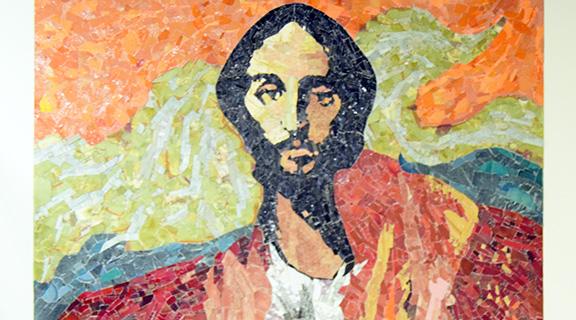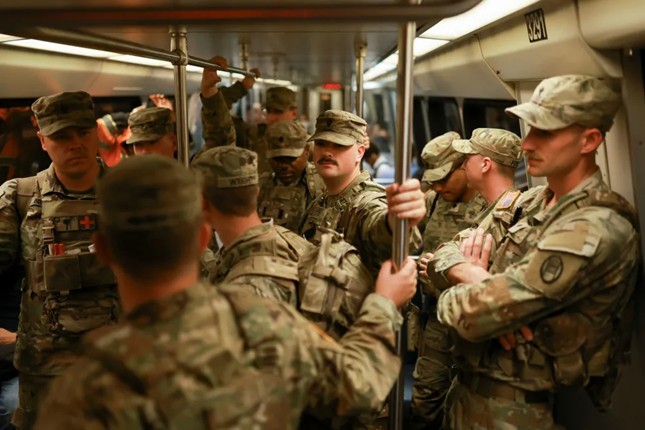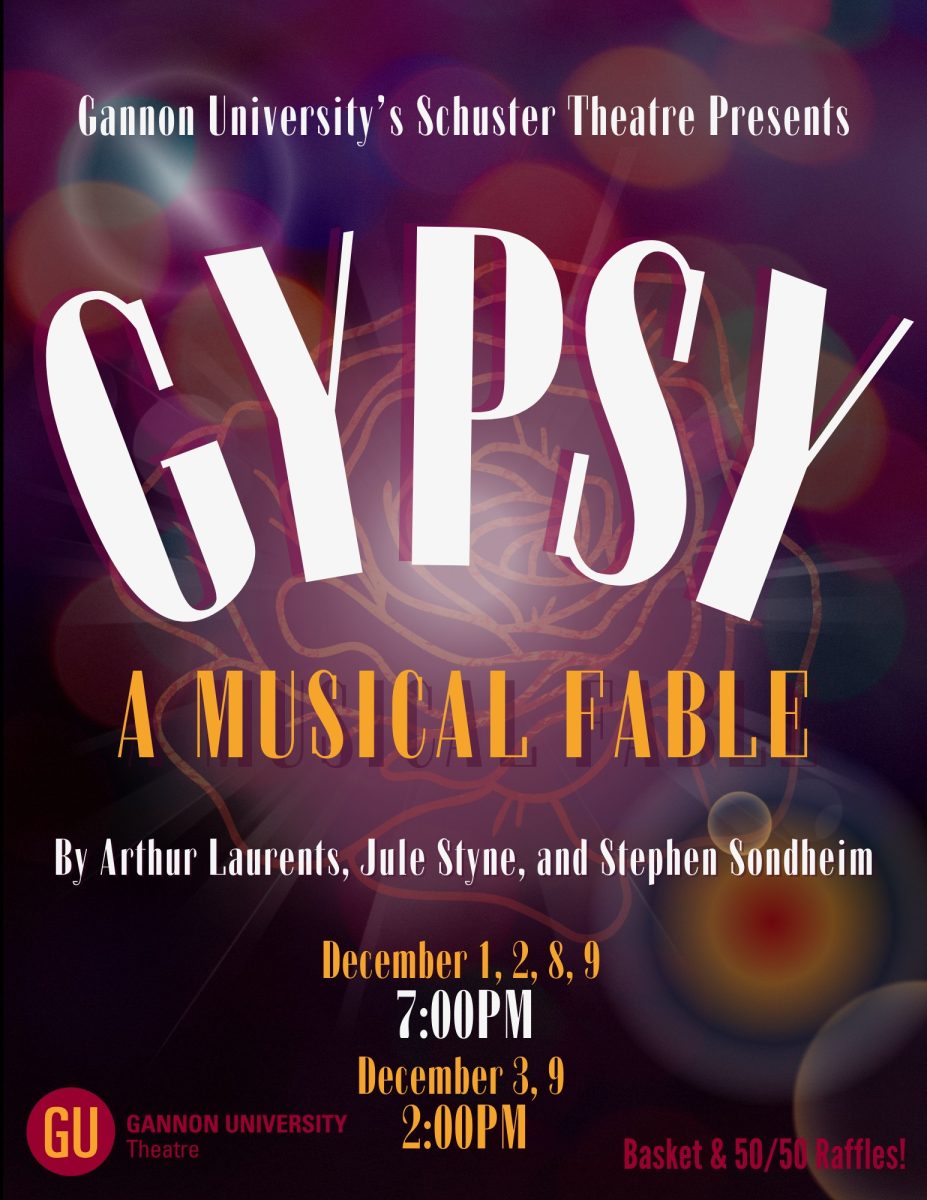Gannon University’s theology department has undergone curriculum changes that will benefit students and work alongside the Gannon mission.
The department spent over a year developing the final proposal for approval by various Gannon committees, a compilation of nine separate proposals that was over 200 pages in length.
Jimmy Menkhaus, Ph.D., an assistant professor and chair of the theology department, explained the changes that have been made to the curriculum and what new options will be available for students even though the number of credits each student is required to take will remain the same.
One major conclusion the department made was that students entering Gannon can no longer be assumed to have strong knowledge about the Bible. Some students may identify as faithful Christians, but they still might not be prepared for a course on the Judeo-Christian scriptures.
The department then examined 50 Catholic colleges and universities around the country. Menkhaus said that the research showed that 90 percent of these universities had introductory theology or religious courses.
Thus, a new introductory course was created for students to take: Foundations of Theology and Christian Morality (LTHE 101). This course is designed to better prepare students before entering the second required course in theological studies.
It will also introduce students to Catholic Social Teaching sooner.
“We thought it might contribute to making Gannon an even more welcoming community,” Menkhaus said. “So those lessons bear fruit while at college.”
The next course students will take after LTHE 101 will be The Bible: An Introduction (LTHE 201).
This course will be very similar to Sacred Scripture (LTHE 121), but faculty will be able to rely on the fact that students have all been introduced to the same principles in LTHE 101.
Students who are entering in the fall will be the first class required to take Foundations of Theology and Christian Morality.
The theology department has also been working with the Registrar’s Office to make adjustments for current students. Those who have already taken LTHE 121 will have the op tion of taking the new introduction course and their credits from LTHE 121 would count as taking LTHE 201.
If a student wants to continue with the old catalog, he or she can do that as well. Most of the current 200-level courses will continue to be offered for the next few semesters.
Another change students will notice is a difference in the sequencing of courses. Most of the current 200-level courses will become 300-level courses. However, since the 300-level is shared with the philosophy department, students will still have the option to choose between taking theology or philosophy for their 300-level Liberal Studies requirement.
With the sequencing changes moving 200-level courses up, the department had an issue with the leadership component that used to be tied to the 300-level theology/philosophy requirement.
Students will no longer be required to take Leadership Seminar in the same semester as their 300-level requirement. Instead, students will take their leadership course the semester after they have taken both Foundations of Theology and Christian Morality (LTHE 101) and Intro to Philosophy (LPHI 131).
A constant part of the discussion was making sure the faculty of the theology department would be able to cover teaching any new courses. Thirty to 32 theology sections are offered by the department each semester, and that will not change. However, enough of the faculty was willing to teach the new classes.
“It worked out very well,” Menkhaus said. “We also hope that we will be able to teach some new courses at the 300-level that would enable scholars to draw upon their expertise and bring those lessons to the students.”
Menkhaus said that the department is looking forward to incorporating these changes. Each step of the way, the department voted on how to proceed and each vote was unanimous.
“We hope students are excited by the new possible courses we will be offering at the 300-level,” Menkhaus said.
James Slater, a junior mortuary science and theology major, said he appreciates the fact that there will be more onsite classes.
“Having these professors more readily available to us allows us to have a wealth of sources to draw from that are better able to articulate what we are studying and help us come to a more pure experience of understanding,” Slater said.
All course options will be distributed to students and advisers prior to scheduling for the fall 2018 semester. Changes to sequencing were approved last April and will be ready for Advising Day on Wednesday, March 21.
VERONICA KOWALSKI












